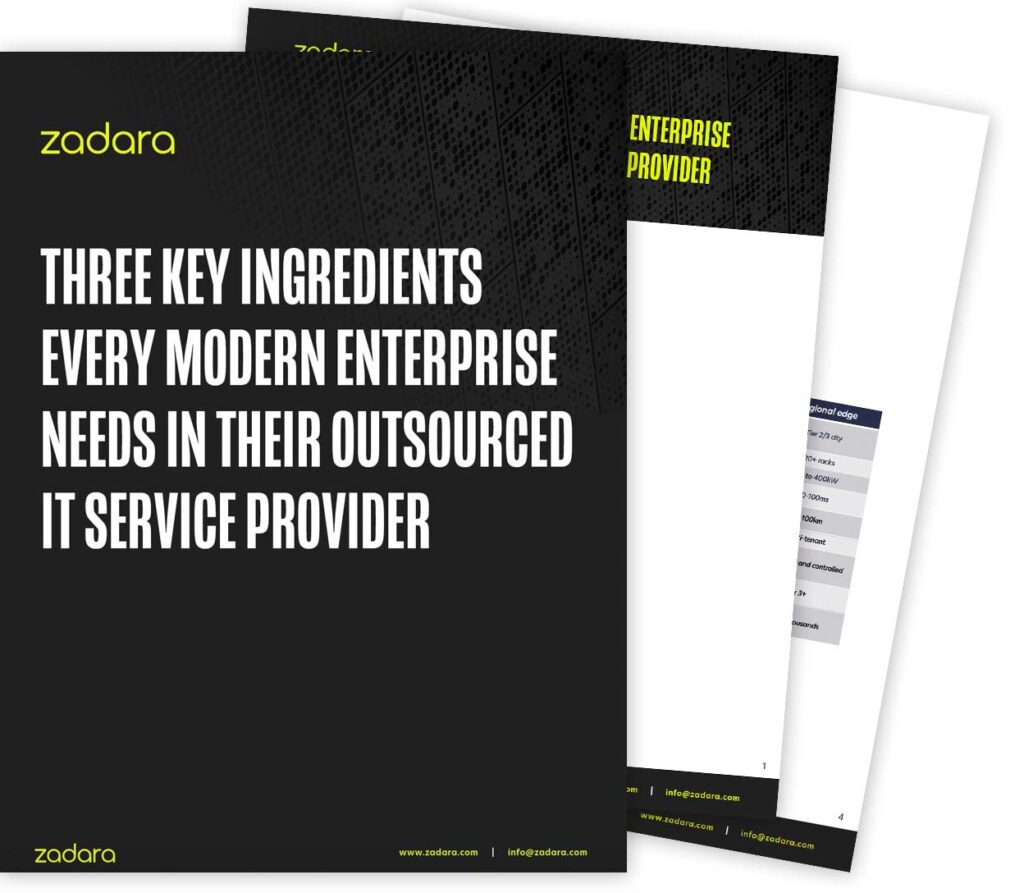More and more companies are recognizing the value of moving their IT infrastructure to the cloud. The benefits of this are well documented, so there is no need to cover this topic here. As companies move their compute infrastructure to cloud environments such as Amazon Web Services (AWS), Microsoft Azure and others, the next logical step is to determine the best cloud-based storage infrastructure.
The goal of most IT organizations is to enjoy the flexibility, scalability and economic benefits of the cloud. However, many complain that they need to give up many of the enterprise-class features that they have come to depend on with their traditional on-premise storage.
As an example, until recently the vast majority of cloud-based storage was either block- or object-based companies that relied on local NAS (Network Attached Storage) had limited options. Zadara Storage recognized this need and was a pioneer in offering Cloud NAS storage to AWS and Azure customers in 2012.
Utilizing cloud NAS offers the same advantages as other as-a-service or cloud-based products: cheaper operational costs, less on-premises hardware and maintenance, technical assistance and support from the vendor, and a secure storage environment. More enterprises are realizing that cloud vendors can often provide even better security than their in-house teams can, given that security is such an integral part of what cloud vendors do.
Cloud NAS Reduces the Complexity of the IT Environment
When storage is located in the cloud, it reduces the workload on internal IT staff, who can focus on other aspects of the business rather than maintaining and serving the storage systems.
While an on-premises NAS has its advantages, moving these services to the cloud significantly reduces the complexity of the IT infrastructure that has to be maintained on site. As data sets grow and regulations governing the storage and use of that data becomes more complicated and stringent, moving these services to the cloud just makes sense. Most IT departments are facing huge challenges as they work towards developing smart mobile plans and big data solutions. Migrating the NAS hardware and services frees up your internal staff for planning and preparing for the future, instead of just maintaining the status quo.
The Flexibility of Cloud NAS
One of the most popular benefits of the cloud is the ability to leverage storage capacity when it is needed and scale back when it isn’t necessary, without making all those investments in equipment, maintenance, and labor.
Cloud-based NAS can be configured as a native storage service, which significantly simplifies data and user management and empowers users with accessibility that rivals on-premises storage. Additionally, resources can be provisioned in real time, so that workflow can be streamlined and optimized.
Pay Only for What You Need
Finally, one of the greatest benefits of cloud NAS is the ability to pay only for what you need, and only when you need it. This allows you to take advantage of more storage and resources when demand is high (such as during a development project or a testing phase), and discontinue that expense when demand is low. Cloud NAS is tremendously flexible and scalable, making it ideal for environments with variable demands.
Still have questions about cloud versus on-premises storage? You can learn more when you download the Zadara Storage Cloud whitepaper.:







